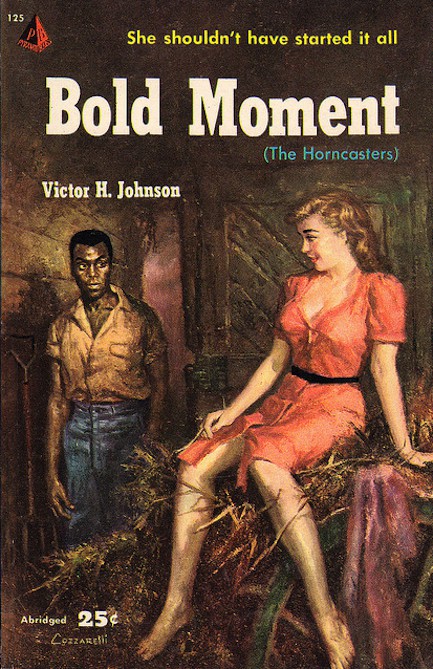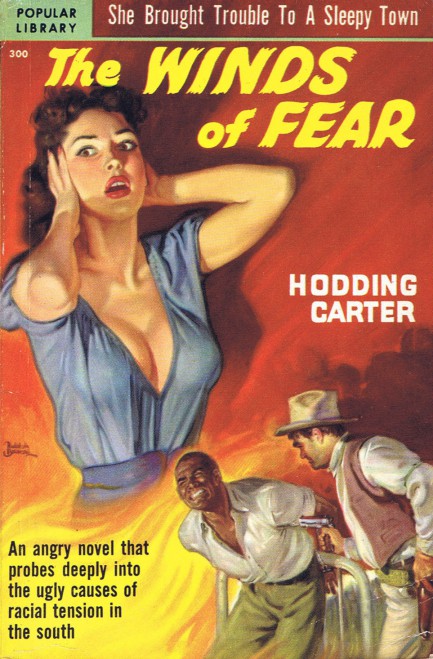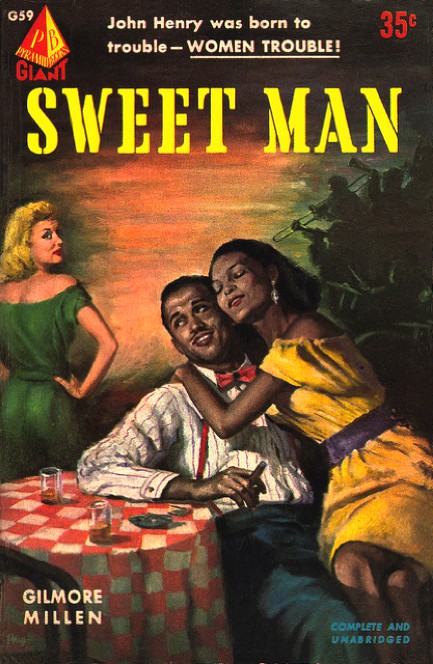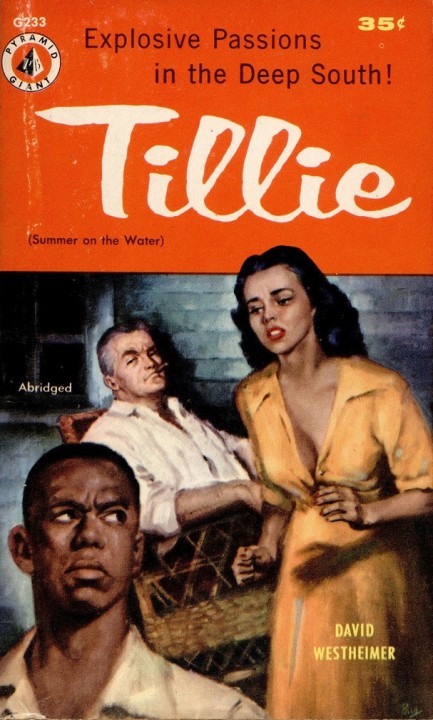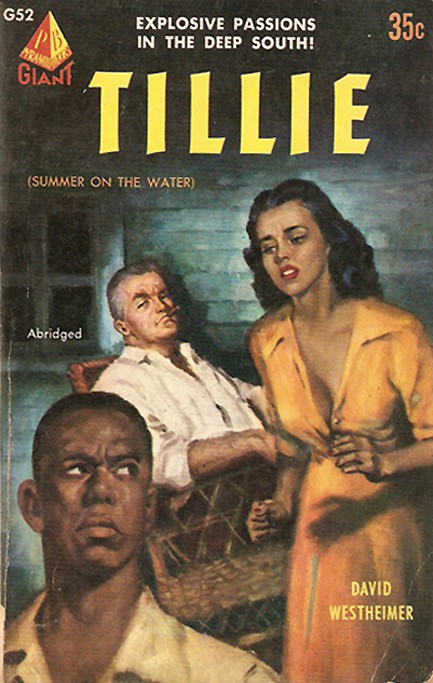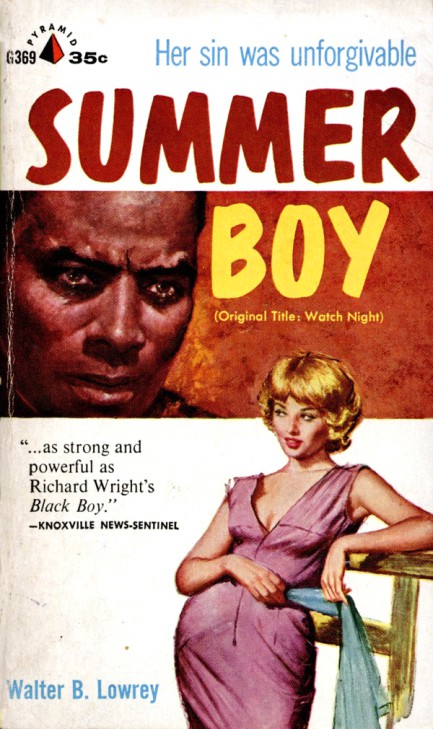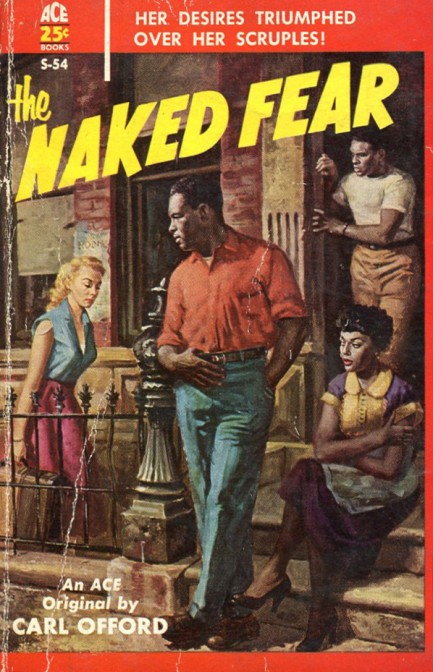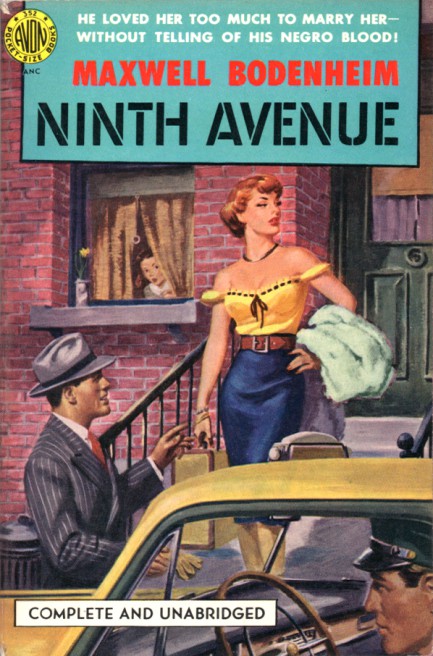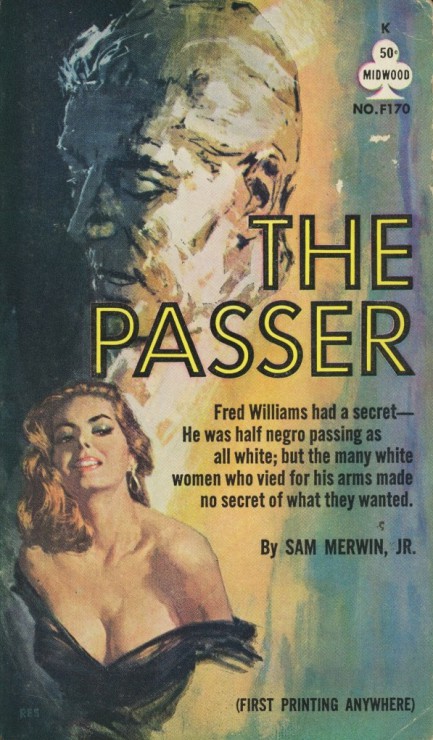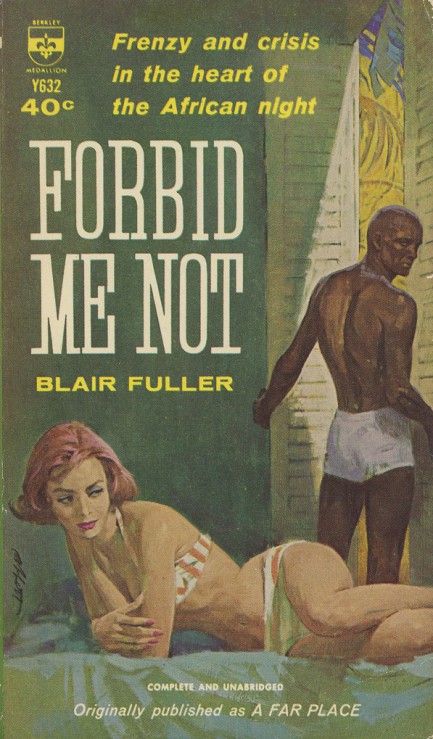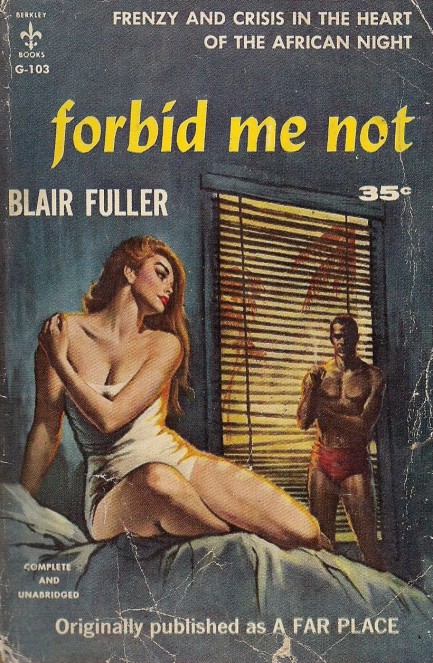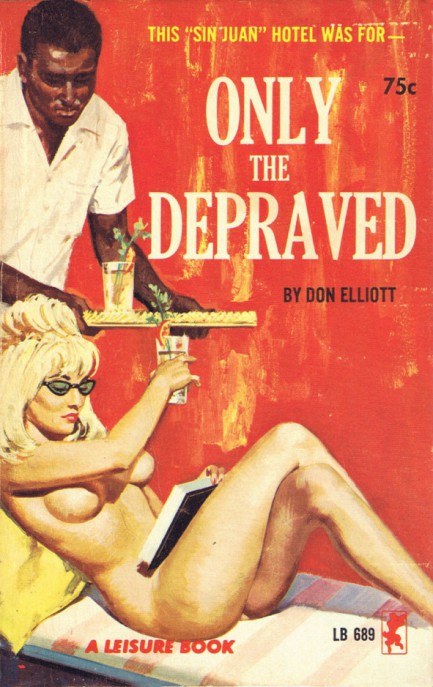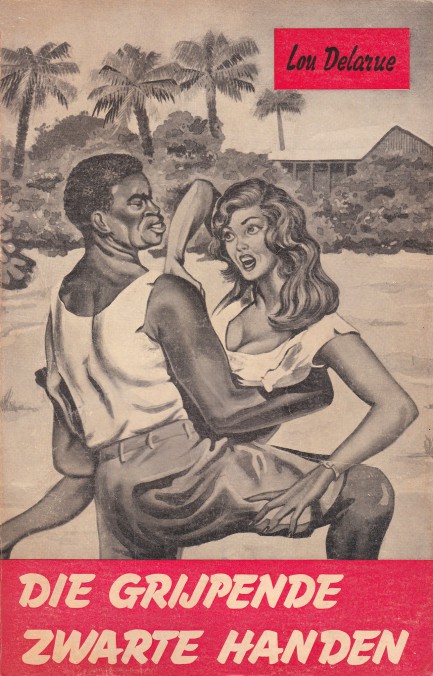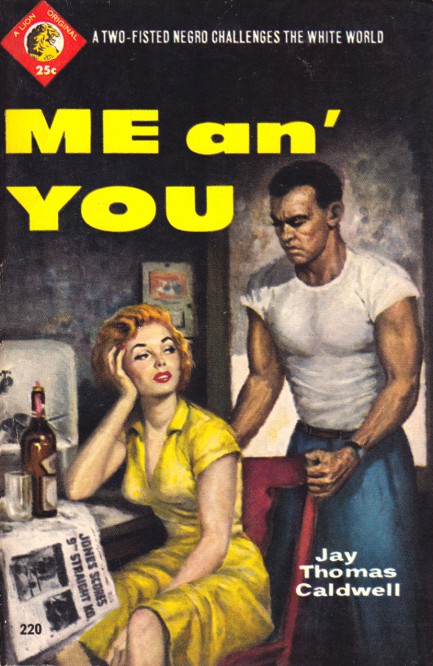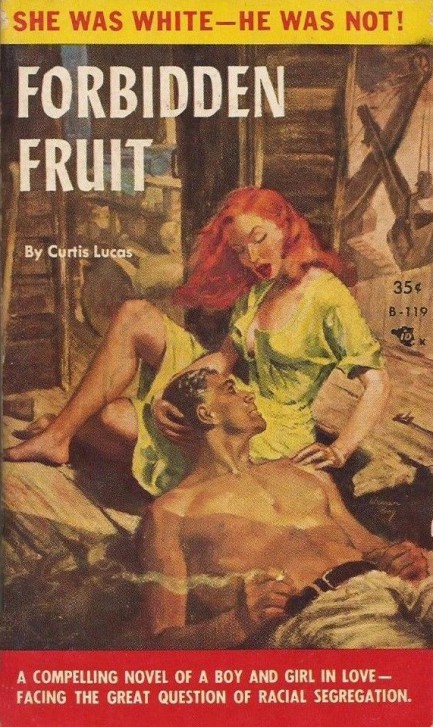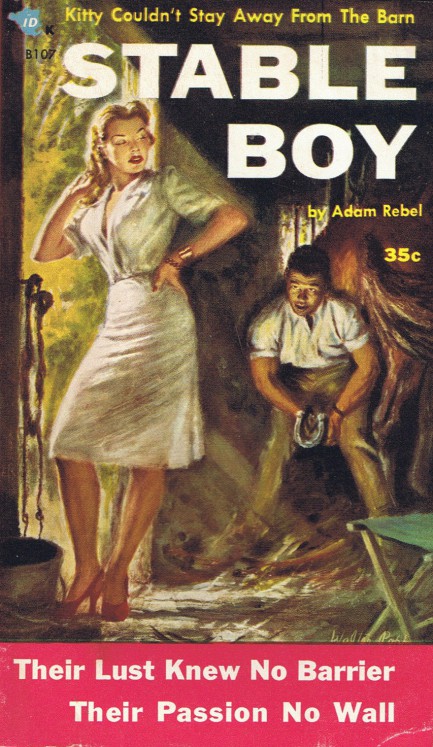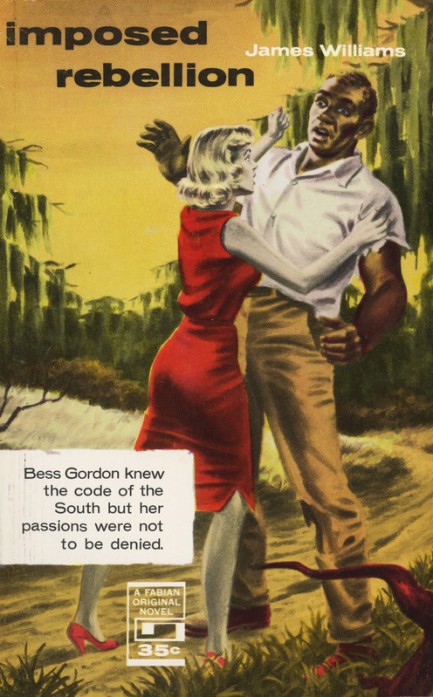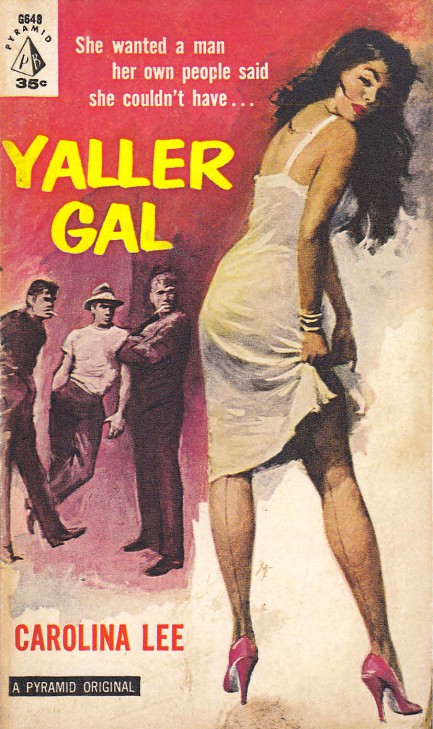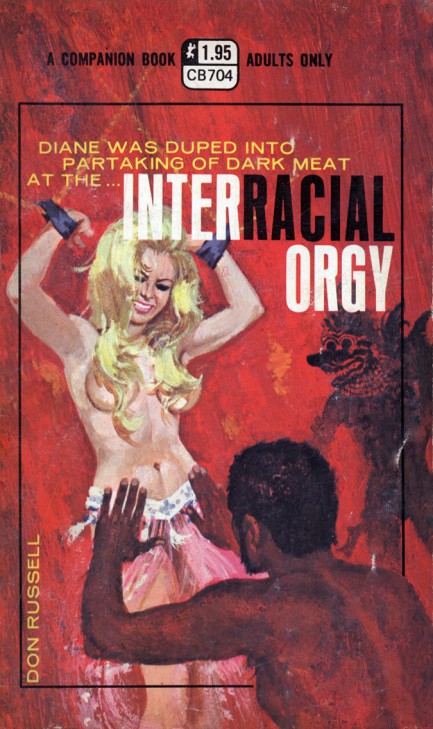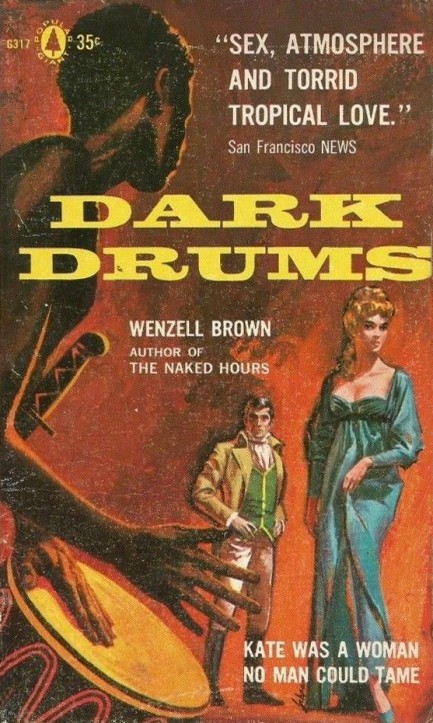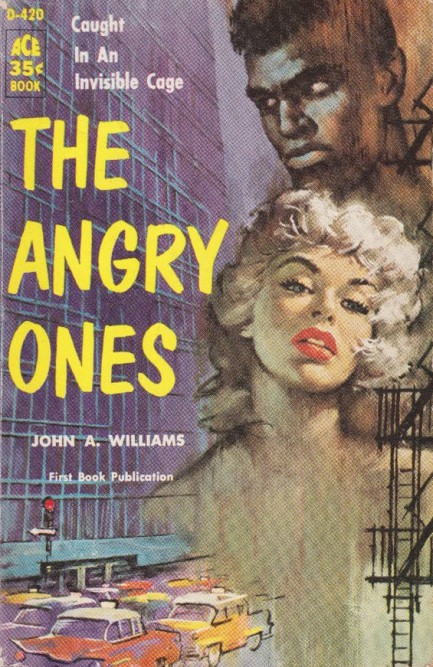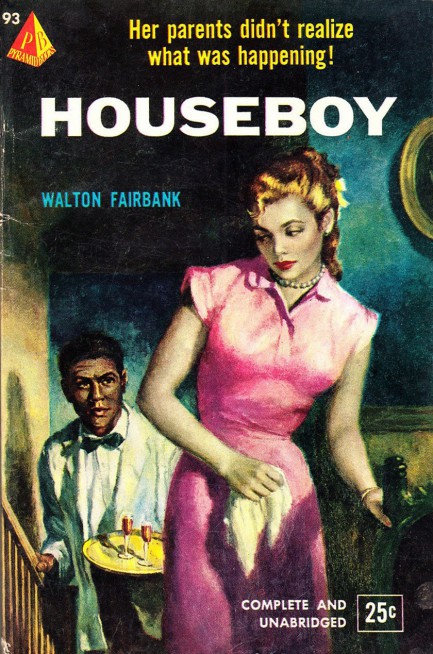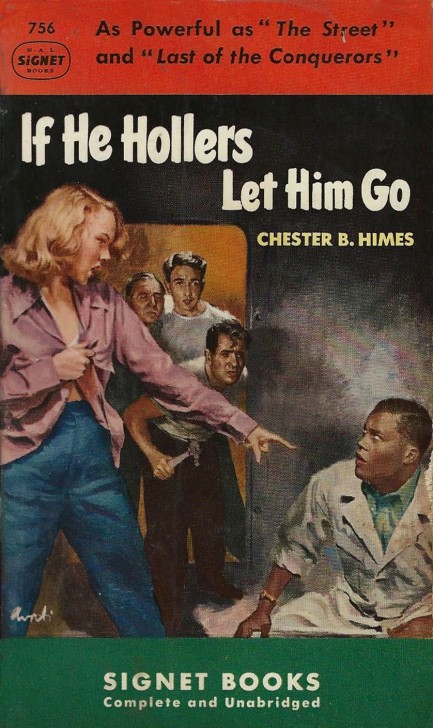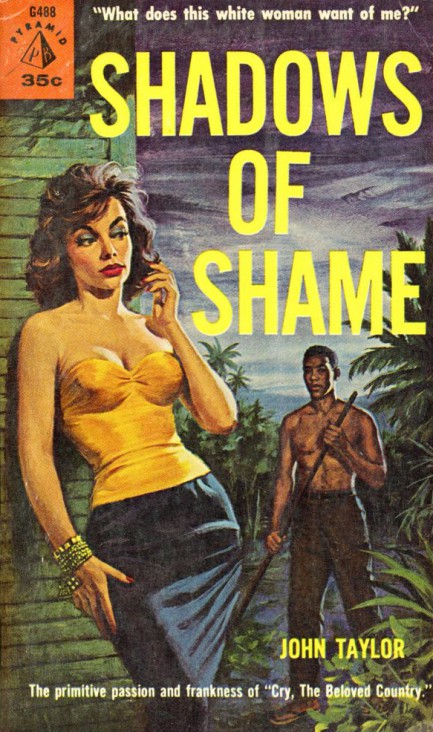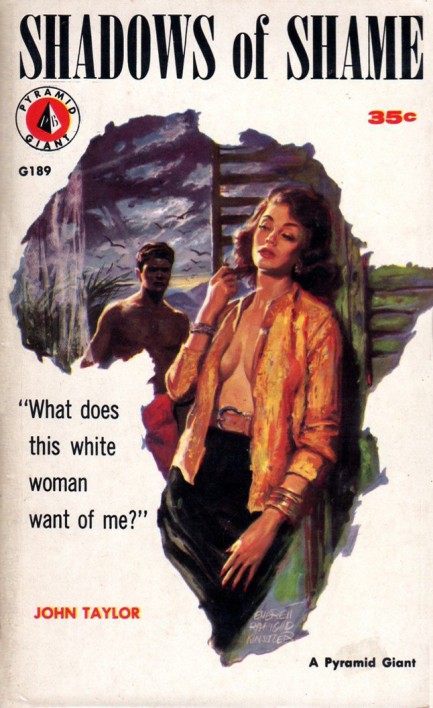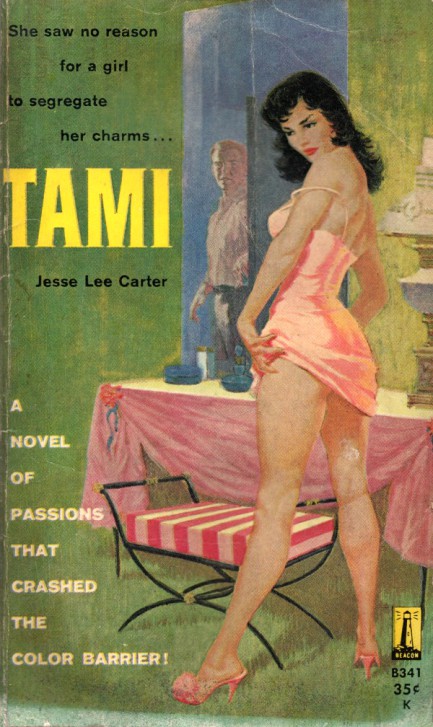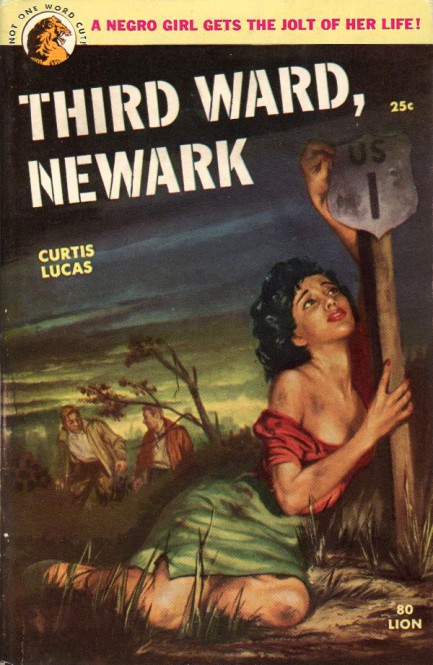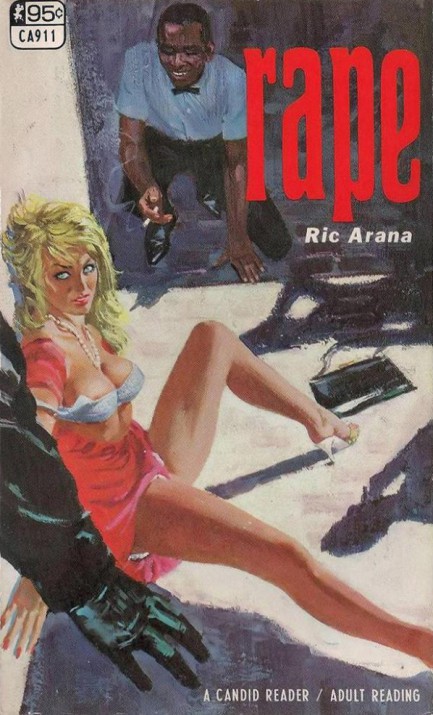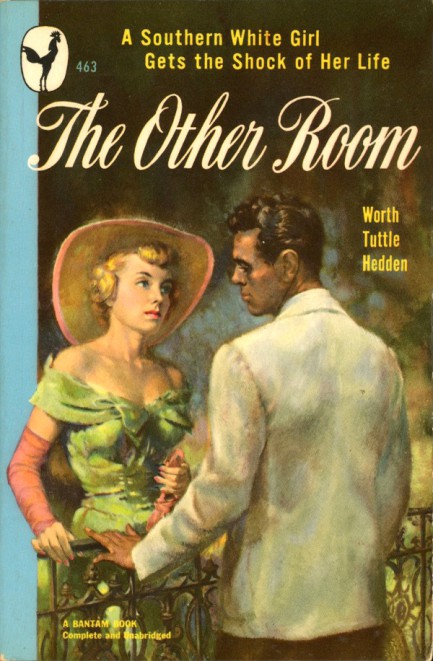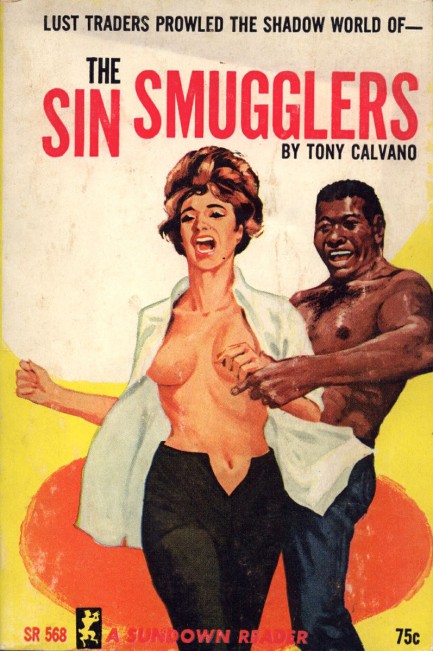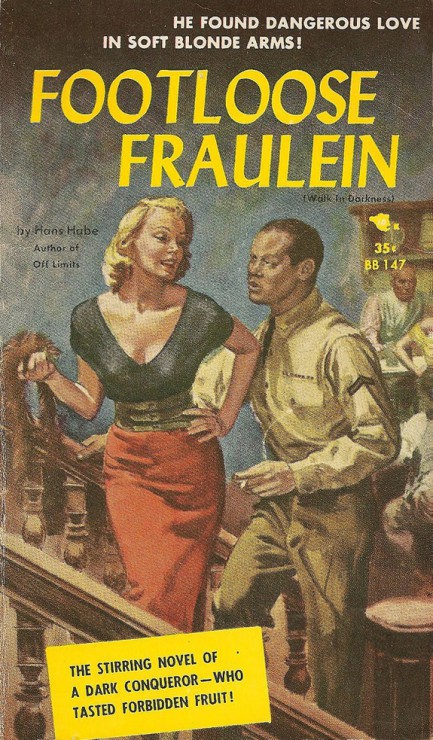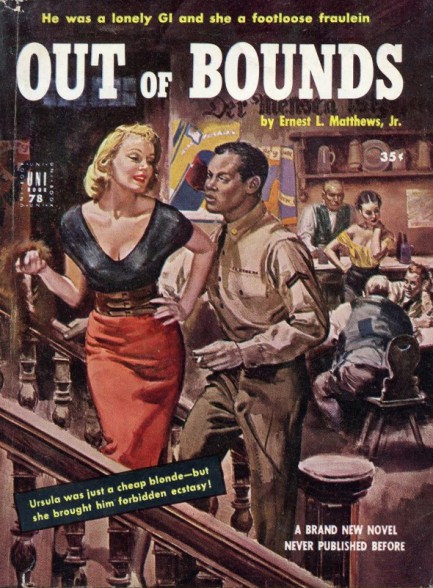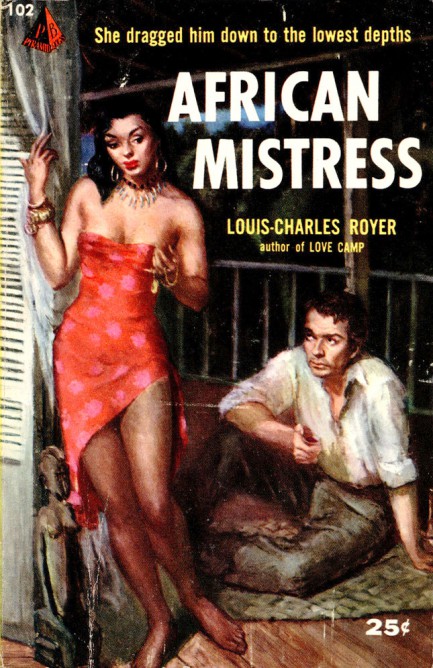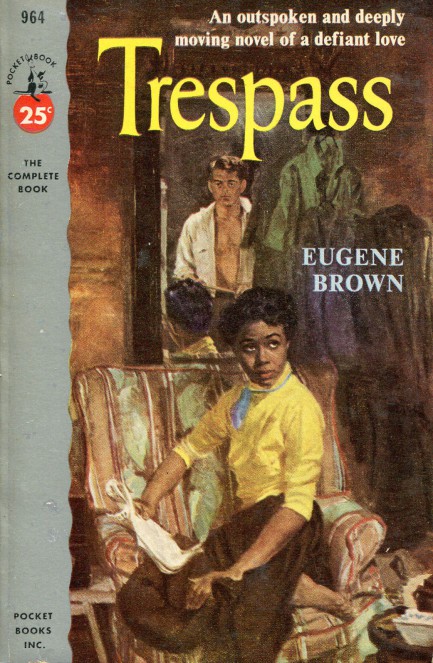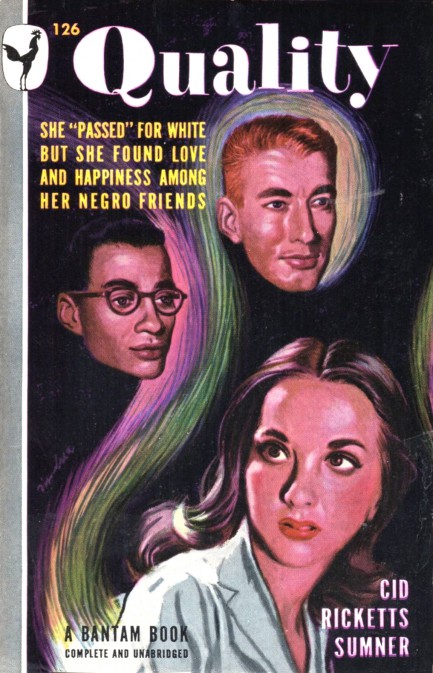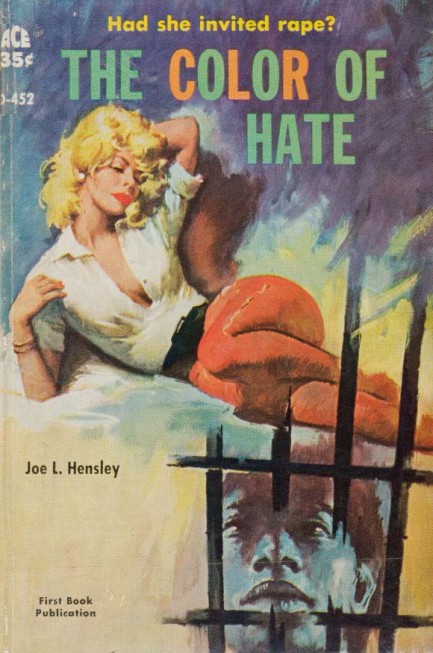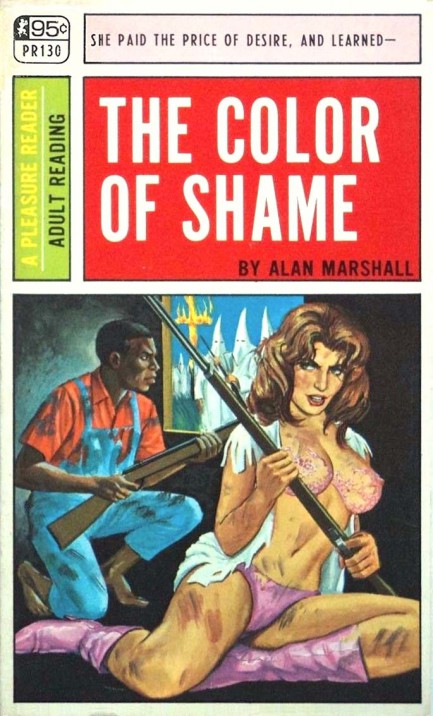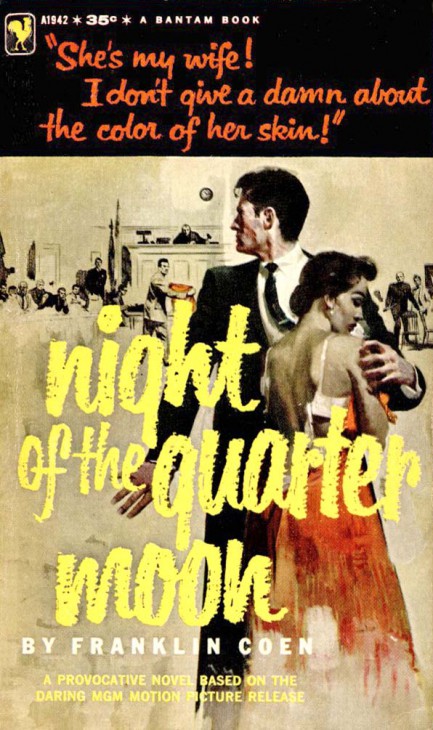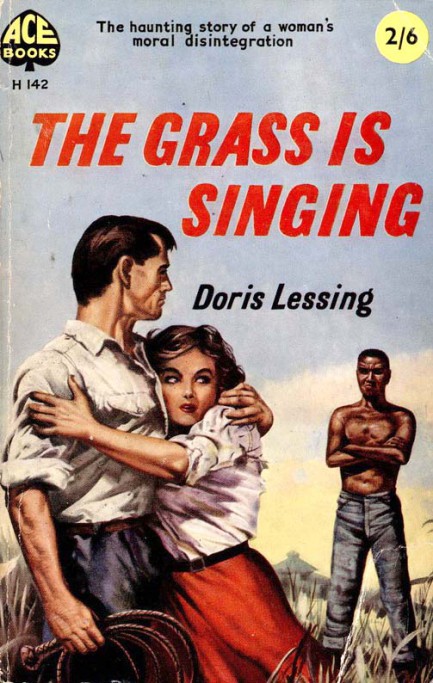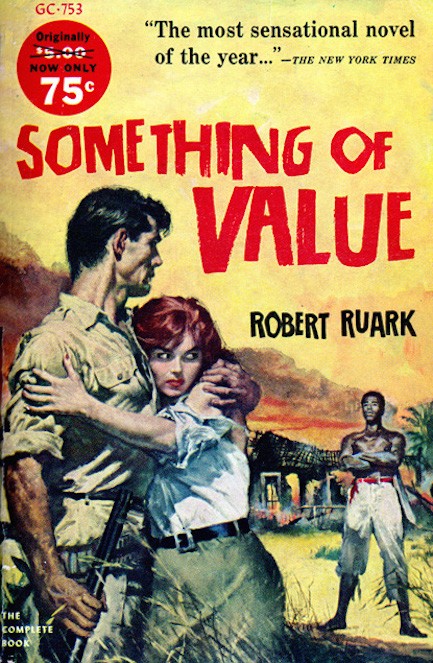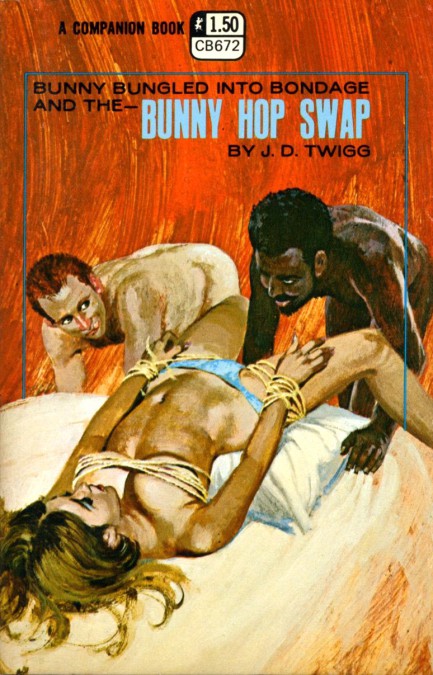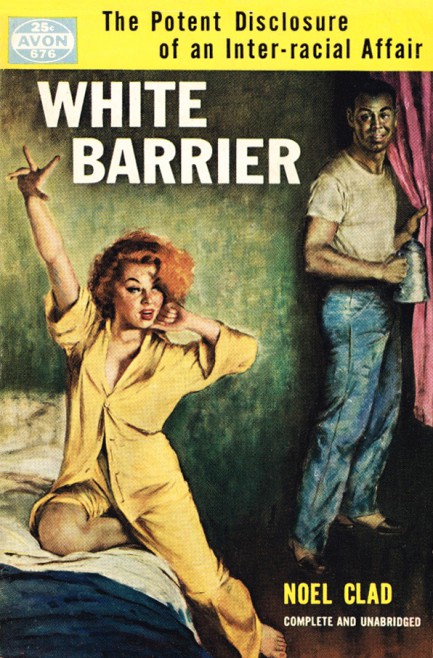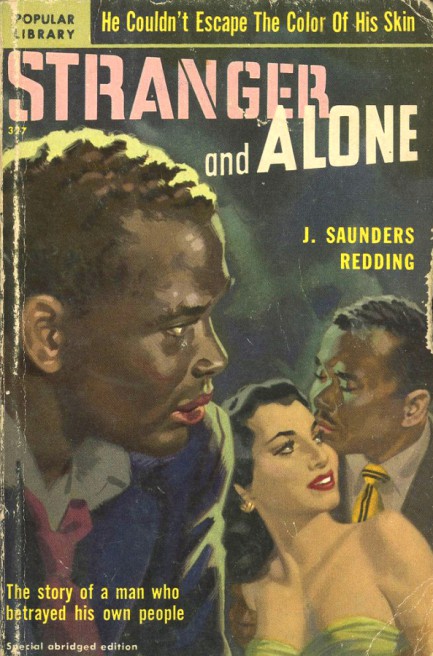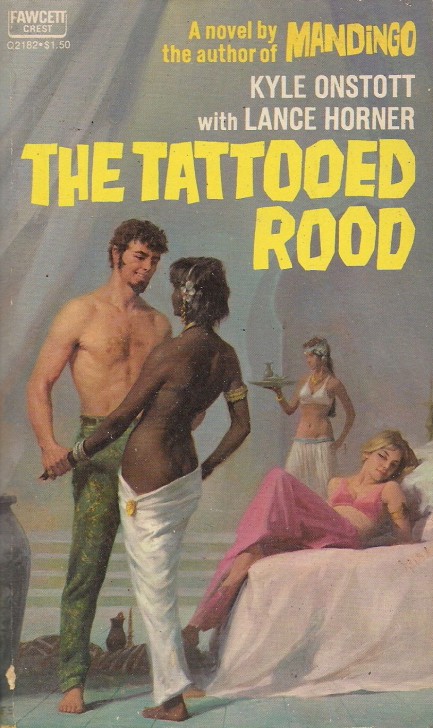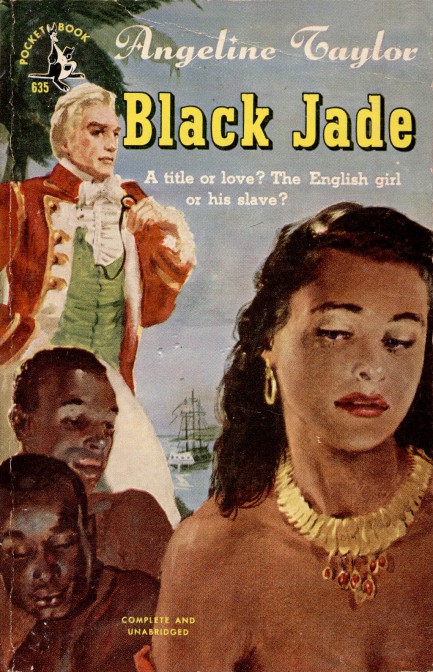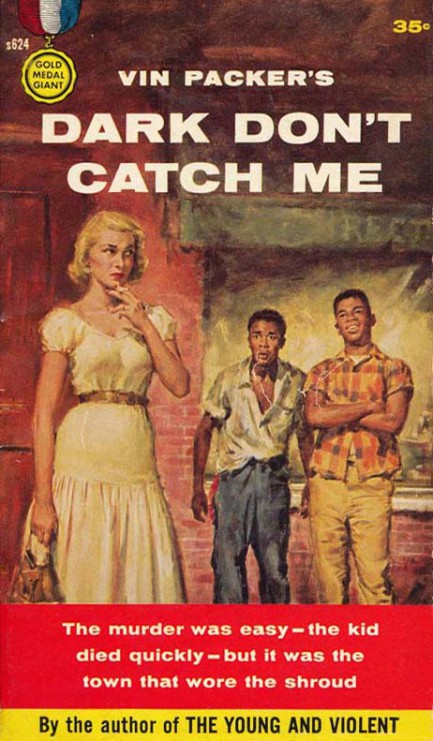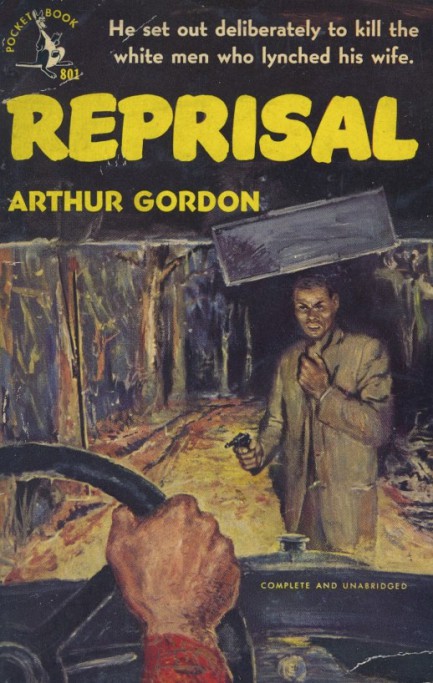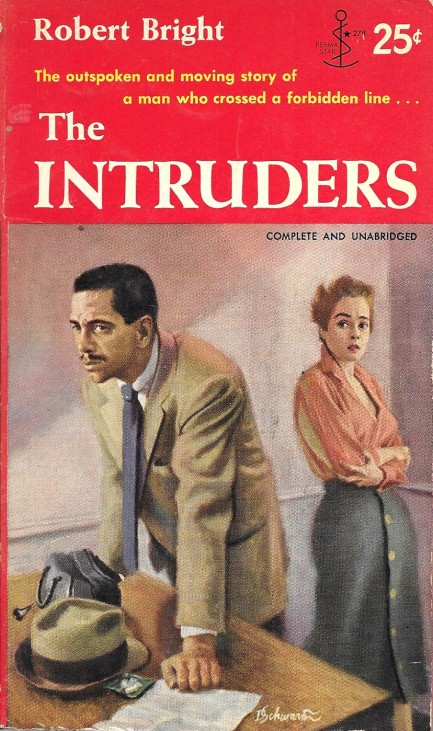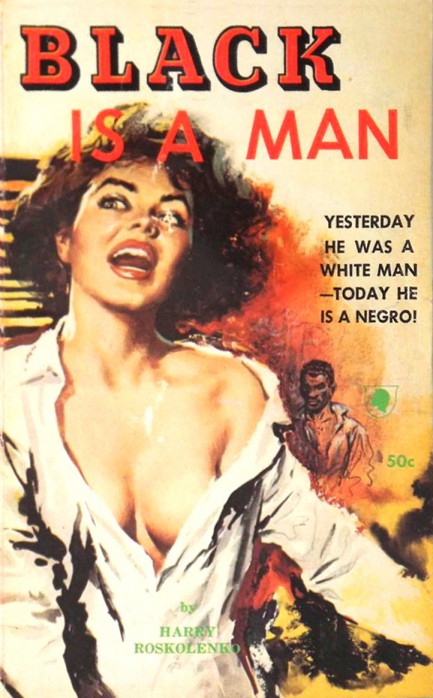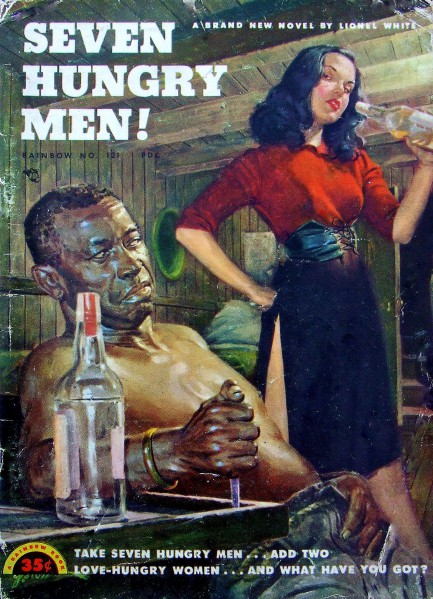| Vintage Pulp | Jun 29 2021 |

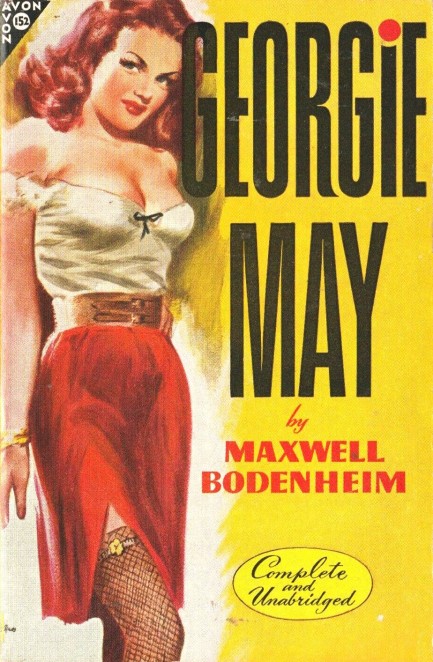
This is a cheery cover for Maxwell Bodenheim's Georgie May, which is actually a mostly dark story about a prostitute trying to survive in the pre-Depression American south. The art is uncredited. Bodenheim was a literary light in his prime years, but he isn't widely known today, though his books remain in circulation. During his turbulent life he became destitute, was homeless, panhandled for cash, and finally was infamously the victim of a double murder along with his much younger wife in 1954. Maybe we'll get back to that story a bit later. Georgie May was originally published in 1928, with this Avon edition coming in 1948.
| Hollywoodland | May 11 2018 |

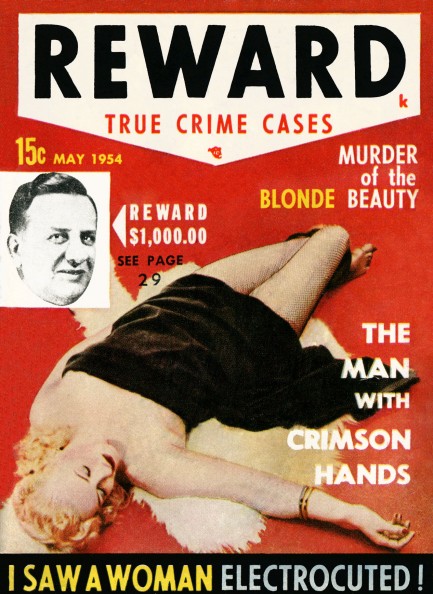
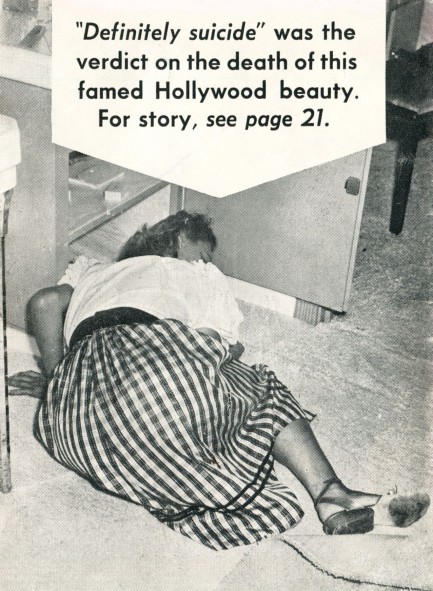
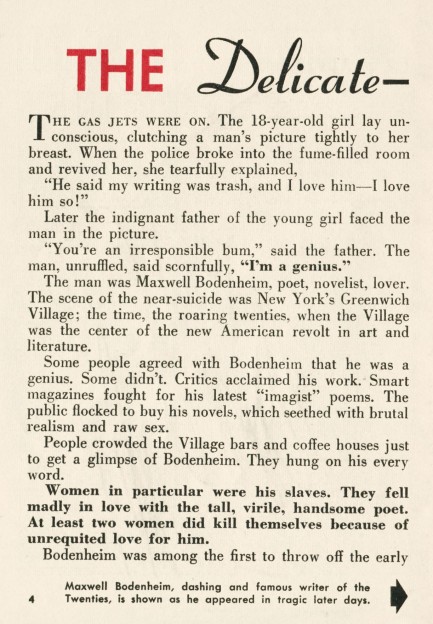
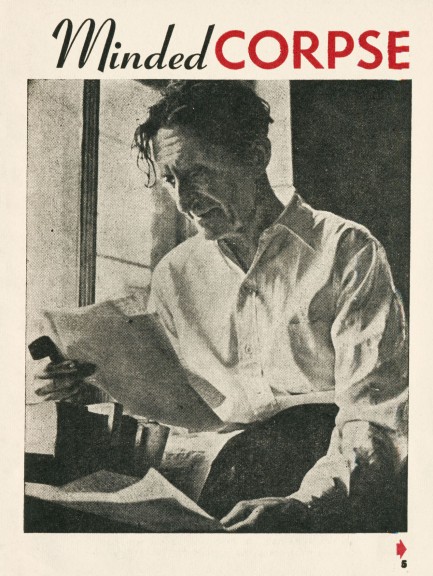
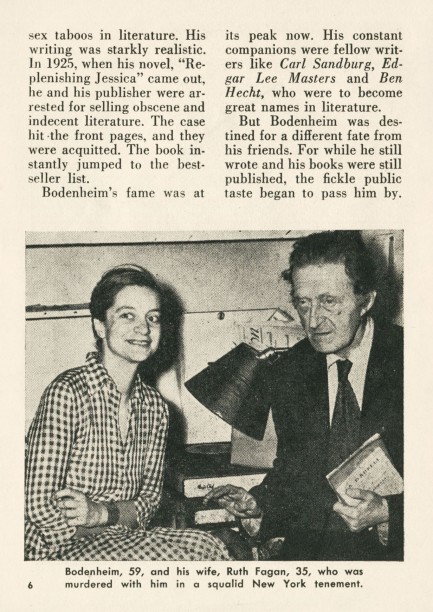
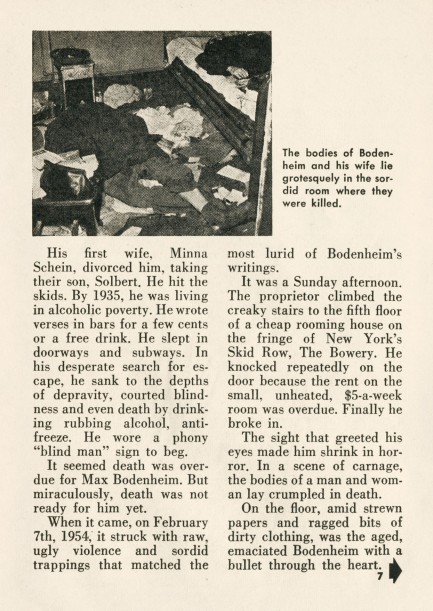
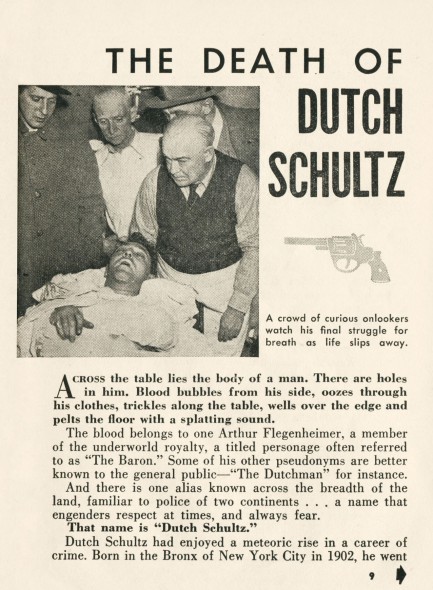
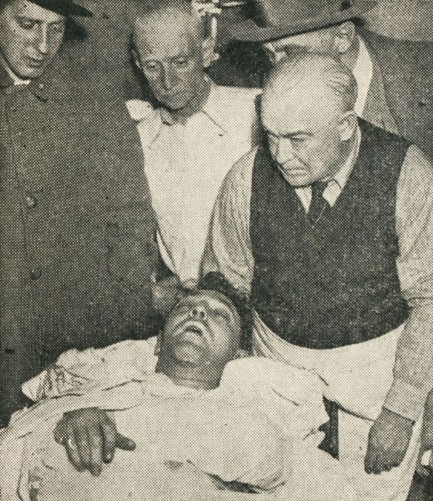
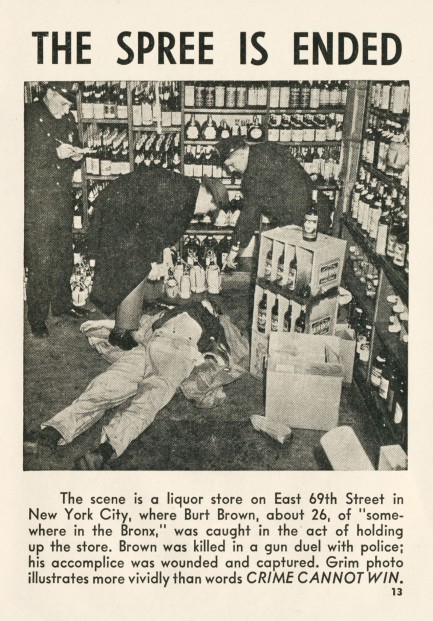
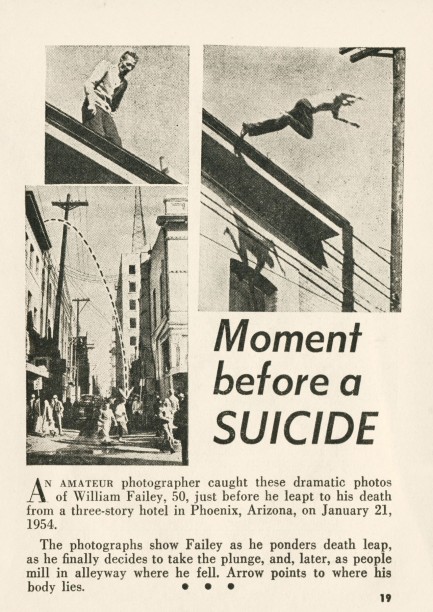
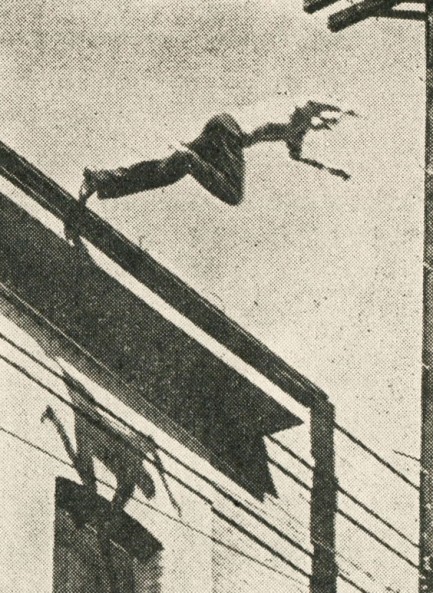
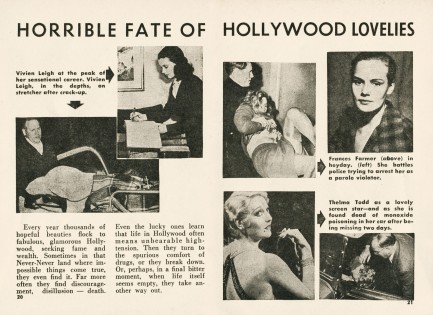
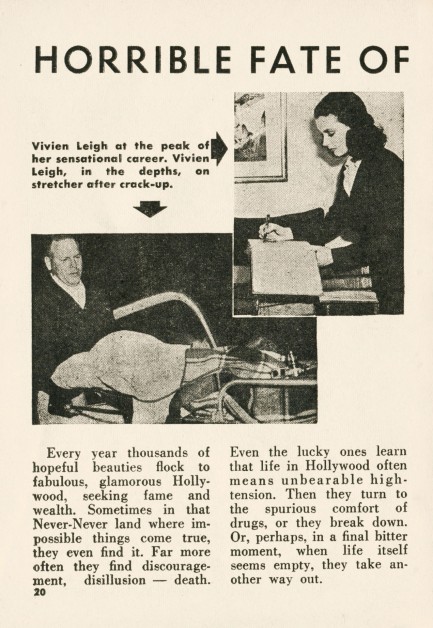
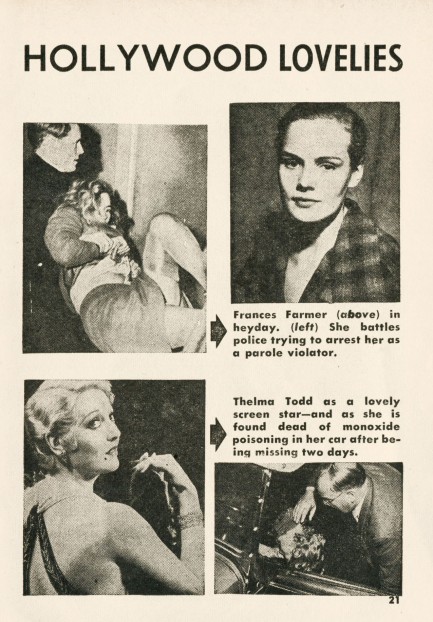
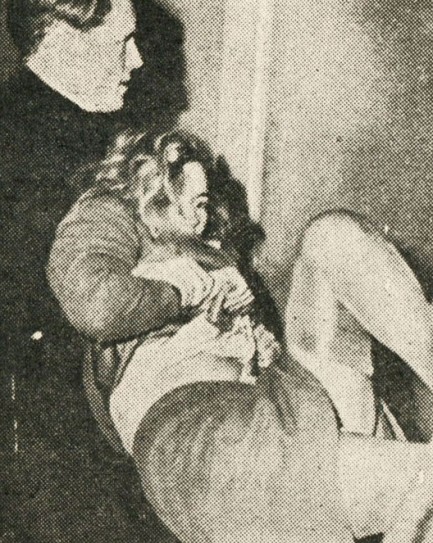
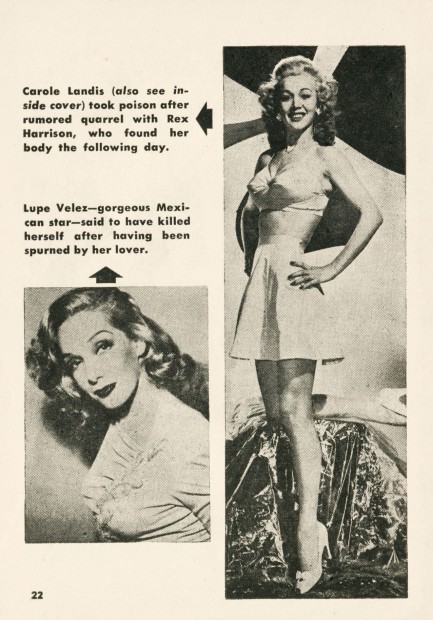
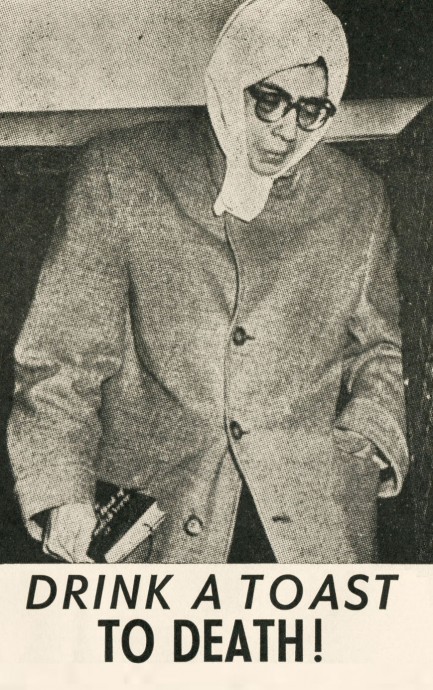
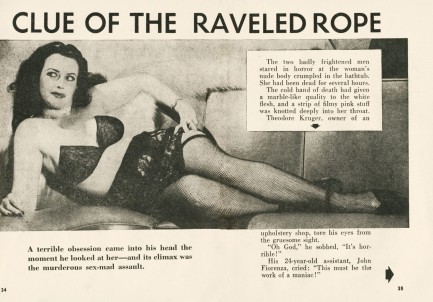
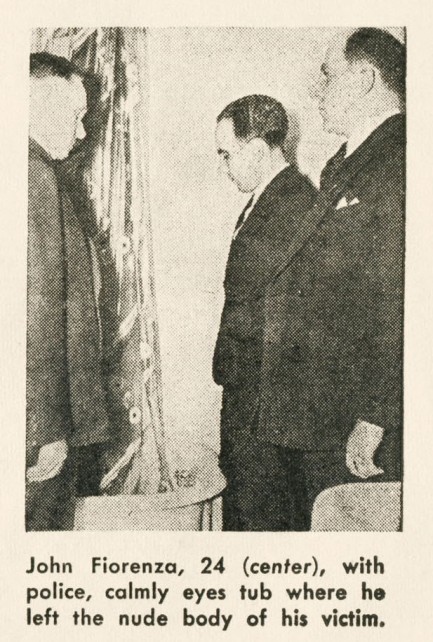
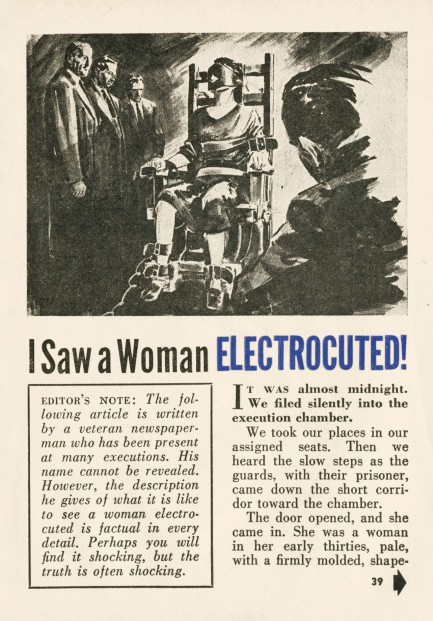
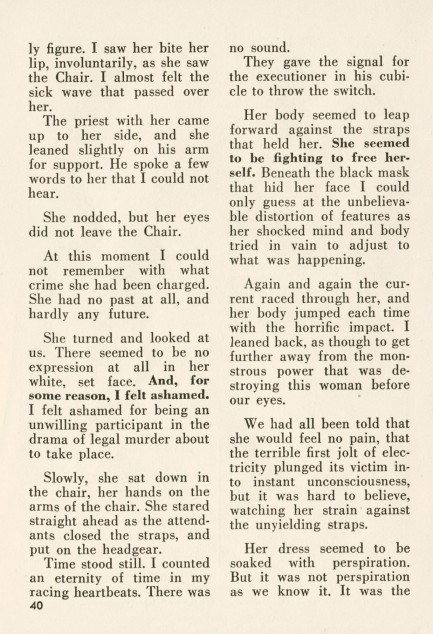
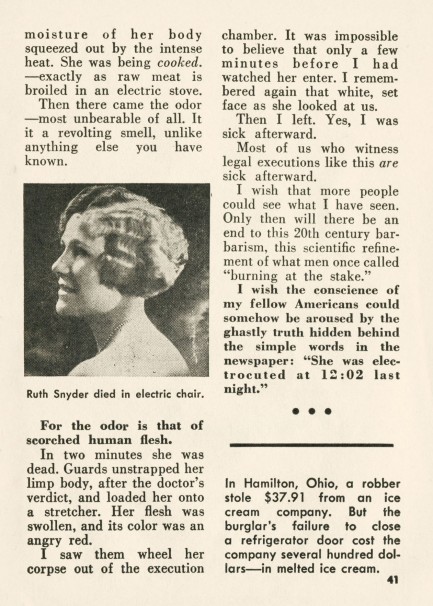
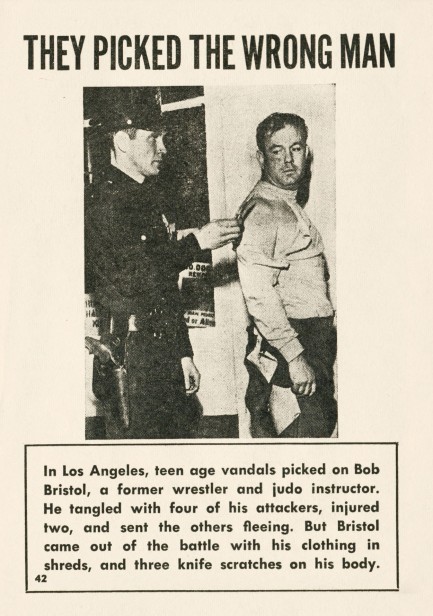
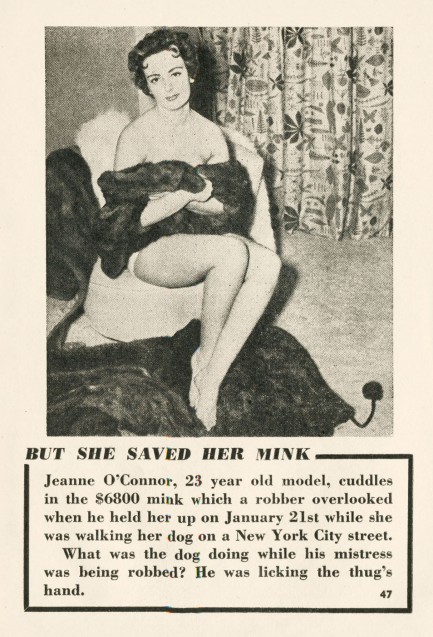
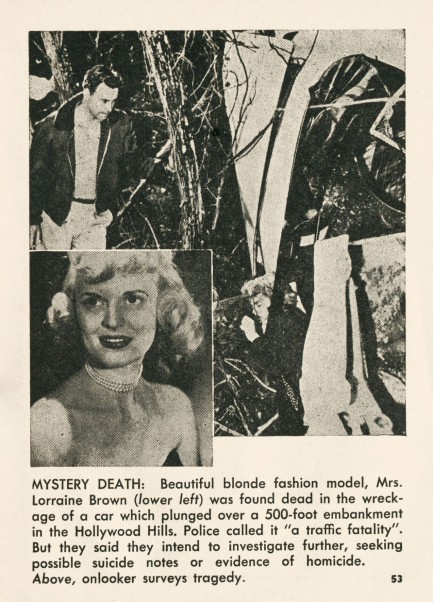
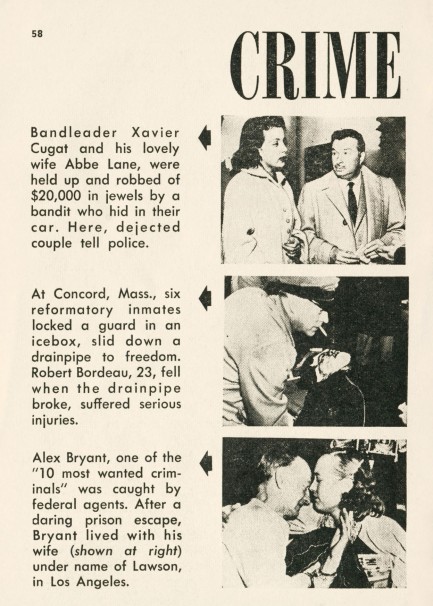
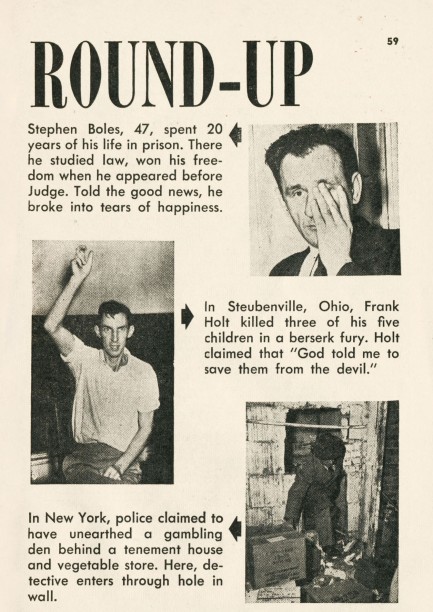
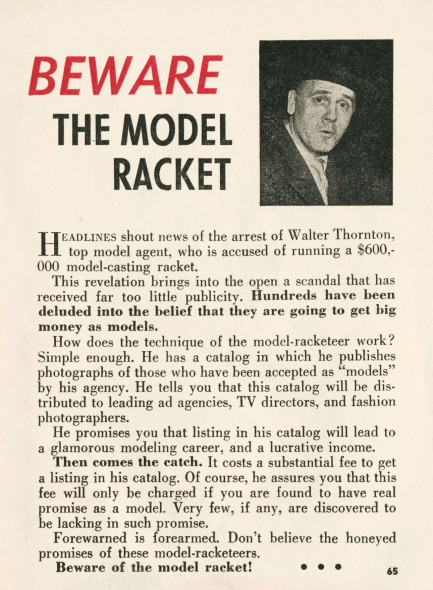

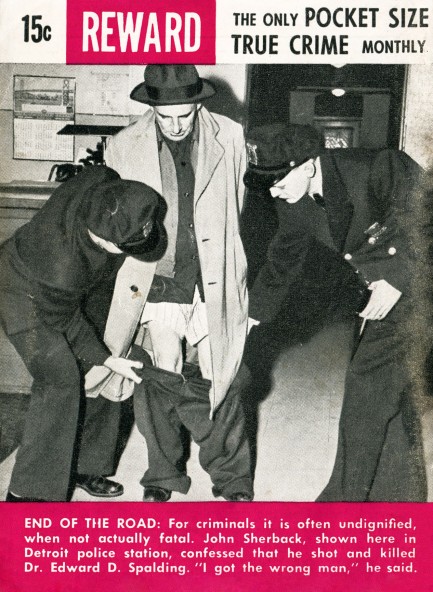
| Vintage Pulp | Jul 3 2017 |

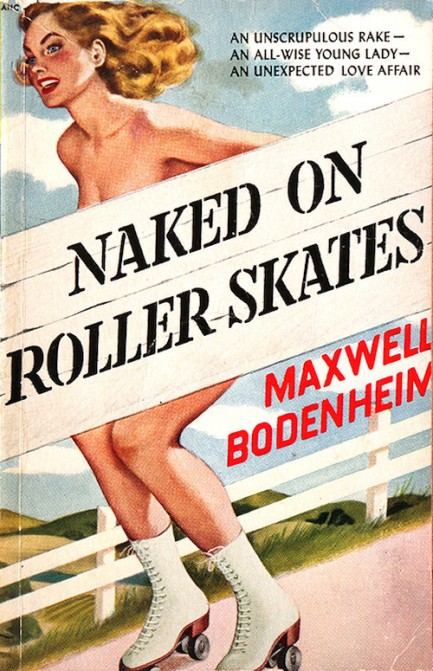
The Novel Library 1950 paperback edition of Maxwell Bodenheim's 1930 book Naked on Roller Skates has one of the most famous covers from the mid-century era, thanks to master illustrator Peter Driben. This image has appeared on prints, postcards, and even bottles of wine. You'll notice it's cut off on the right edge so that Bodenheim's name is incomplete. That's the cover, not the scan. Call it a design defect, or a miscalculation at the printer.
The book is about a fifty-something traveling salesman who meets a carefree young woman who has never seen the big city but wants to experience life's thrills unfiltered—i.e. to live naked on roller skates. She uses the phrase, “Punched in the face.” She wants to be punched in the face by life. And so the two make a deal to hook up for a year and head off to New York City.
There they meet gangsters, brawlers, indulge in the nightlife of Harlem, run a food stand, and try to deal with the unscrupulous characters that descend upon them. All of this may have been familiar to Bodenheim, who seemed to live as fast as his characters. Despite writing at least three bestsellers, he was broke later in life, homeless along with his wife, and they ended up murdered in a slum rooming house. We may get into that sordid tale later.
| Vintage Pulp | Nov 25 2015 |

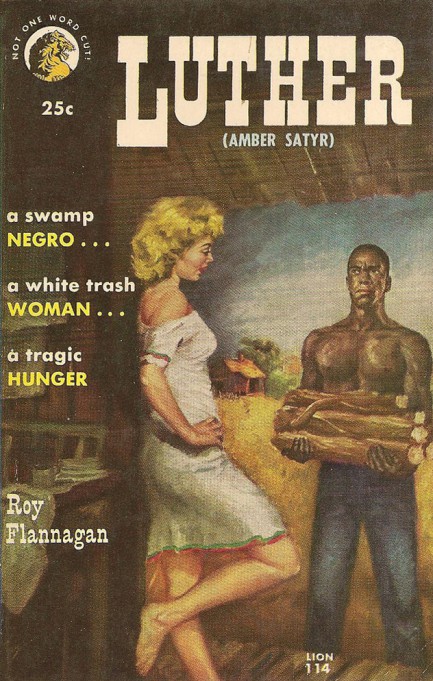
Science has given humanity a lot over the centuries. What will turn out to be one of its most important gifts is its conclusion, widely disseminated beginning in 1950 but by today firmly proven thanks to DNA sequencing, that race doesn’t exist in any scientific way. Of course, many don’t consider that fact a gift—but many people also had serious problems with the revelation that the Earth wasn’t flat. The concept of race comes entirely from the human imagination, and anti-black racism dates from within about the last five-hundred years, created principally as a means to justify the trans-Atlantic slave trade. Seen in that light, scientific proof that race doesn’t exist represents not new knowledge, but a return to knowledge that was the norm before the drive for riches caused men to deliberately warp human thought as a means to cover for mass cruelty.
As an imaginary construct, however, race is persistently powerful, which the collection of paperback fronts above and below strongly illustrate. We weren’t around when any of these were written, but their existence reveals a surprisingly (to us) lively market in such material. Were all the books you see here of great worth? Certainly not. But even with their flaws—particularly woman-blaming for rape—these books are artifacts of a fascinating racial dialogue that we suspect, on balance, was beneficial. We have fifty examples and there are at least a couple dozen more we didn’t include (Black Dicks for Marcie was just a bit too out there). Some of those pieces will pop up later in a slightly different themed collection. In addition to what you see here, we also put together a related group last year featuring an Asian theme and you can see that here.